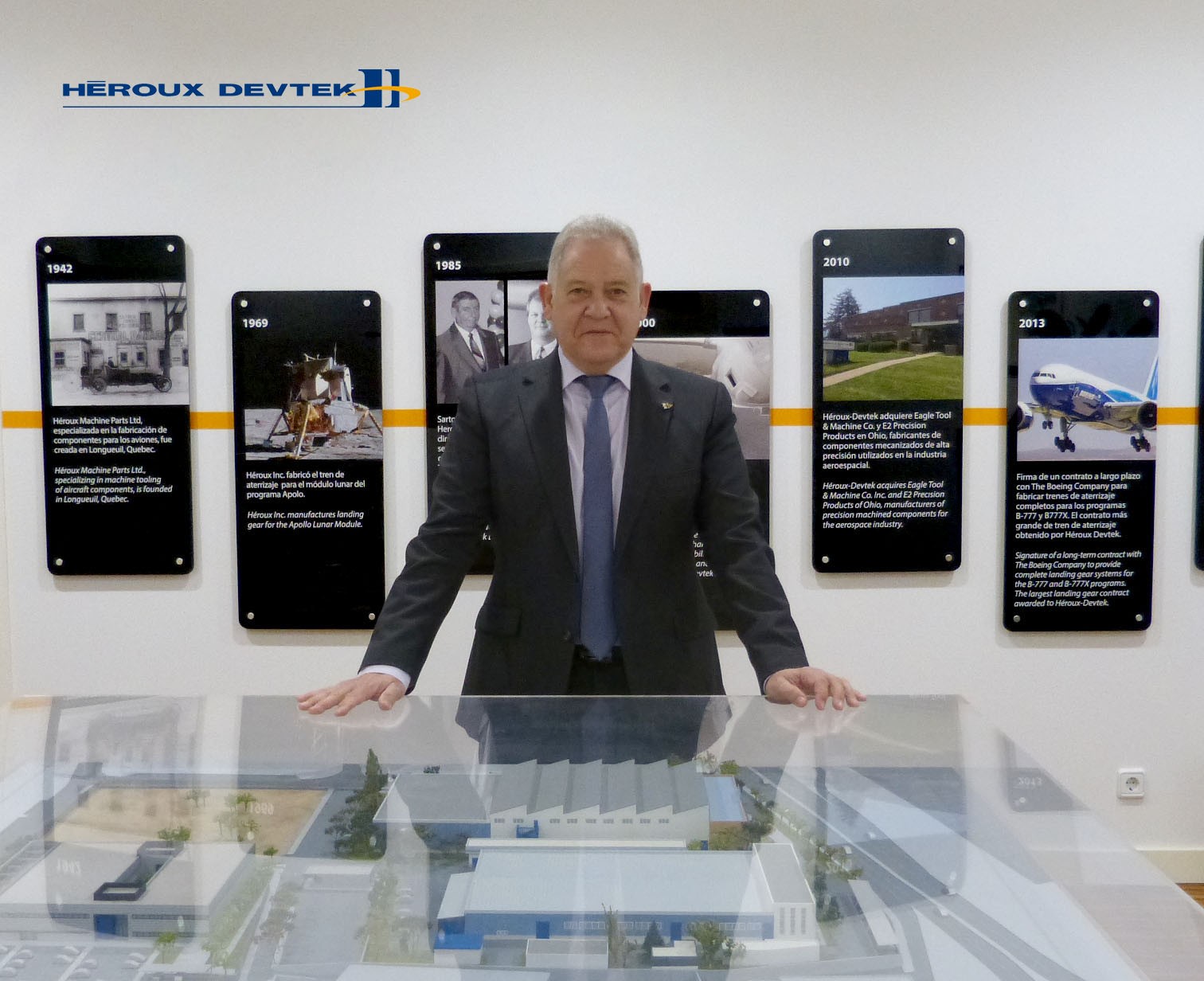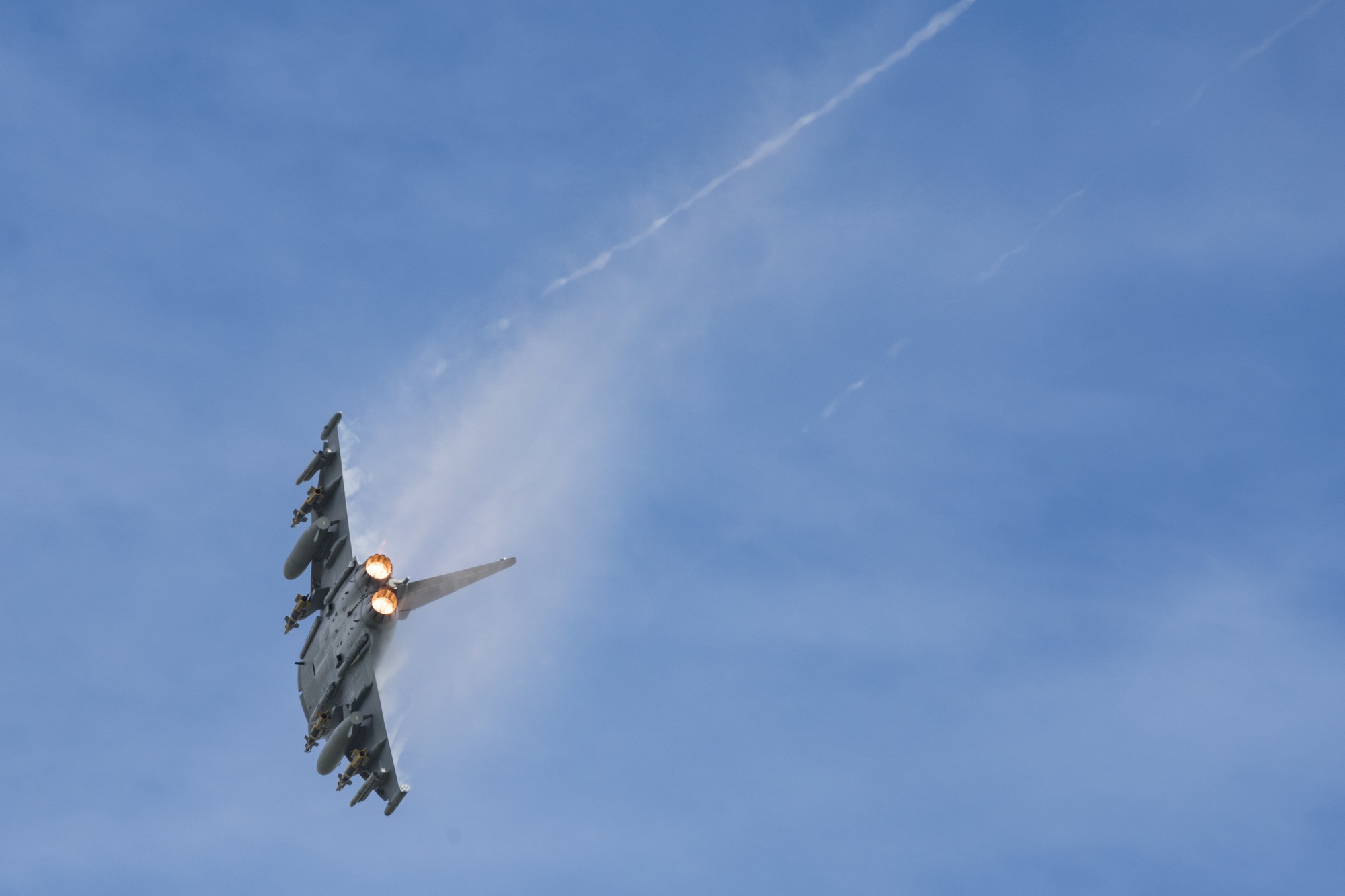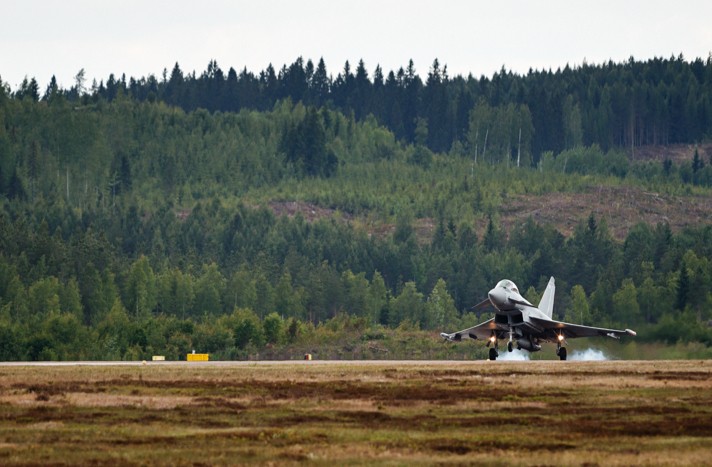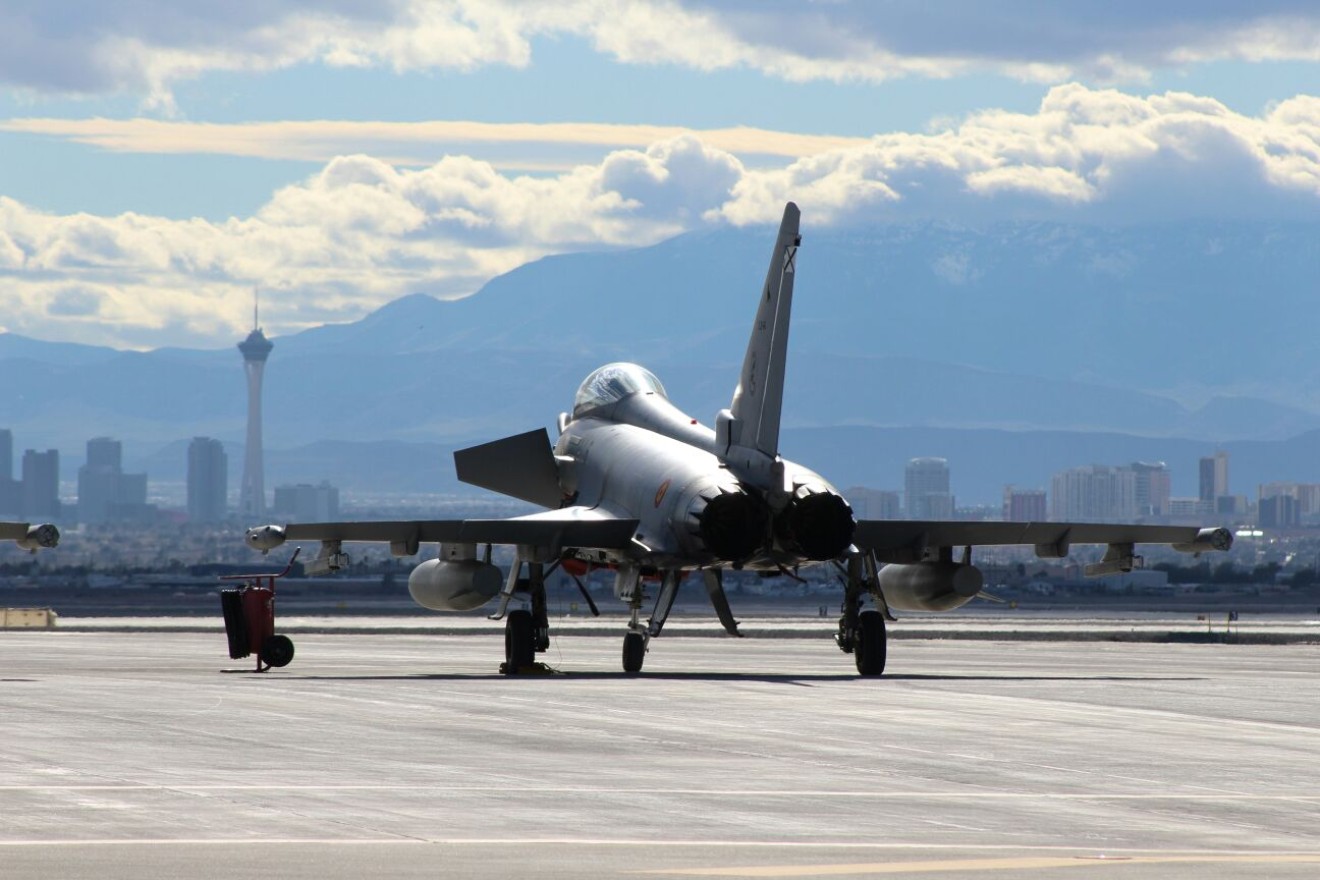
Pic: José Leal, General Manager of CESA
Spain
CESA (HÉROUX-DEVTEK)
CESA was founded in April 1989 as a spin-off of CASA’s hydraulic equipment division and its creation was directly linked to the Eurofighter programme launch.
From day one its activities have been focused on developing and producing FluidMechanical - hydraulics, pneumatics and fuel - and landing gear components.
The operation is based in Getafe and since 2007 has had a facility in Seville. In 2018 the business was bought by Canadian group Héroux-Devtek, the world’s third largest landing gear manufacturer.
Today it is manufacturing and supporting a large panel of components and systems. The list is impressive and wide-ranging. It is participating in 36 LRUs and collaborating with BAE Systems, Alenia Aermachi, Airbus DS GmbH and SAU as well as with Liebherr Aerospace, Safran, ACMA, Microtecnica and ITP and Avio for the Eurojet.

That involvement includes working on primary and secondary flight control systems, the aircraft’s landing gear system and engine.
José Leal, general manager of CESA, says collaboration and building strong relationships across Europe has been central to delivering the programme.
He says: “The relationship with our European counterparts in the programme was built on a highly respectful recognition of the capabilities and capacities of each partner on the technical side and following the industrial guidance of the four nations for the industrial side.
“This has been the seed to develop further the collaboration in other programmes with all our partners in the Eurofighter programme.
“This further collaboration is essential to grow and develop a robust supply chain and relationships to ensure strong capabilities for the sake of our common customers, which are all the pilots and ground support teams in the different countries where the Eurofighter is operated.”

At its peak around 50 per cent of CESA’s workforce was engaged on Eurofighter work. Today's programme still represents 10 to 15 per cent of its sales. The programme has been a catalyst for new opportunities both in Europe and overseas.
Leal says the skills developed on Eurofighter, and continued on other programmes, are “the strong basis” of its presence on other military and commercial aircraft programmes.
They have also allowed it to play important roles on the development of future European defence aircraft projects and the new technologies needed.
Leal adds: “We are proud to be part of the Eurofighter team and wish to continue to be a major player in the future of the European aerospace and defence community.”
